South African Xtyre Seeks Global Partners
In the U.S. and globally, tire recyclers agree that no matter what end product they produce, having markets for their tire derived material is their top priority and biggest challenge.
Oscar Filen knows this well. Filen, CEO of South Africa-based Xtyre has been working with recycled rubber for the past 32 years. He’s grown his company with a vision of manufacturing a core base product line using a wide range of products with low start-up cost.
“We maximize returns on each step of the process,” Filen said. What has become increasingly relevant is that the price for a kilogram of processed crumb rubber mix, as a manufacturing material, is cheaper per kilogram than many other virgin or recycled materials making recycled rubber an increasingly attractive replacement for concrete, wood, plastic, SBR and other materials.
From the outset, Filen looked to harness the proprieties of tire-derived rubber and provide end uses for the material in products and applications that have markets around the world.
The rubber in tires is one of the toughest compounds developed by man, Filen said. “We trust its durability, strength and pliability in products we use everyday. We need to reuse these same properties to recycle rubber from end-of-life tires into new products,” he said.
 In its manufacturing process, the company blends polymers with different feedstock rubbers including recycled rubber from OTR tires, rubber peels, buffings and tire crumb to create composites that are used to make rubber pavers and tiles, acoustic panels, carpet underlayment, solar panel mounts, mats, bollards and traffic barriers and more.
In its manufacturing process, the company blends polymers with different feedstock rubbers including recycled rubber from OTR tires, rubber peels, buffings and tire crumb to create composites that are used to make rubber pavers and tiles, acoustic panels, carpet underlayment, solar panel mounts, mats, bollards and traffic barriers and more.
Xtyres’ portfolio of products also includes architraves and coping blocks that are water resistance and lighter than the concrete alternative. Its garden and landscape portfolio includes rubber-based picket fences and trellising. Later this year, the company hopes to unveil a new modular shed made with recycled rubber composite boards.
Pulling from these product lines, Xtyre has equipped complete shopping malls in South Africa with traffic calming devices, bollards, curbing, waste bins, plant pots, window architraves and wall copings – in one case using 2.3 kilometers of coping, in another 2 kilometers of coping.
“Everywhere in these malls where it was possible to use recycled rubber materials, you’ll find our products,” Filen said.
Another new product, Rubber Duck, is taking Xtyre into new markets in the coating and sealing arena. Rubber Duck (liquid rubber) is a premium, high-build flexible water-based rubber coating. It’s a heavy duty single pack, all-in-one, multi-purpose protective coating, waterproofing and insulating system, the company said. Rubber Duck contains 100 percent recycled tire rubber and can be applied by brush, broom or spray. It’s suitable for non-slip waterproof surfaces on trafficable concrete roof slabs, under patio tiles or duck pavers, and in showers or marine areas. It can also be used to waterproof building boards and coat construction polystyrene, Filen said.
Having established its manufacturing process, identified markets and developed a reputable, profitable business model in South Africa, Filen wants to drive the market by licensing the process across the globe.
Xtyre has already licensed factories with partners in South Africa and Kuwait and is looking at developing further agreements in New Zealand, Portugal, United Kingdom, Australia, Nigeria, Canada and the U.S.
Filen says the cost of the production facility ranges from $320,000 – $800,000 and comes with a manufacturing package for with 250 different end products. According to Filen, the company has developed a formal for profitability based on setting up recycled rubber production facilities with capability to manufacture a wide range of end-products in areas where potential end-users/customers/buyers are with a 250km radius. Xtyre has more than 250 products and applications in its portfolio, he said.
Using the Xtyre formula, the company is seeking license partners with a market territory within a 100 mile radius of the licensee’s operating base.
“Ultimately, we envision multiple operations in each market,” Filen said.
Xtyre offers several licensing options including a start-to-finish package that includes shredding and refining divisions or a stand-alone operation that sources its feedstock from suppliers or an add-on to an existing crumb rubber plant.
Filen is interested in hearing from anyone wishing to invest in developing a fully marketable Xtyre recycling process in their domestic market, anywhere in the world. Ideal partners would be entities currently involved in the collection, processing or granulation plants.
© Scrap Tire News, May 2020






